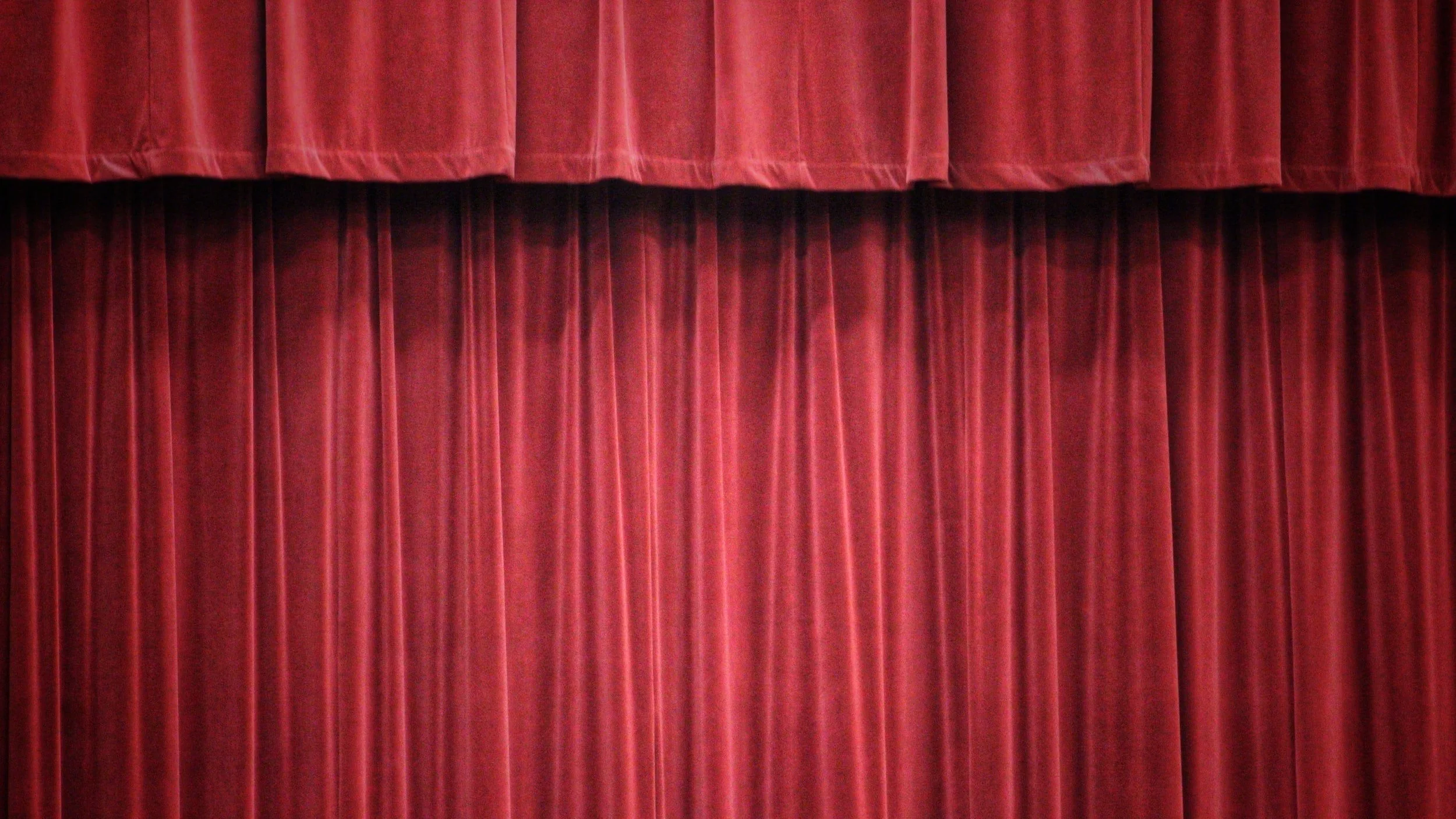Why Kids’ Philosophy Is The Ultimate Life Rehearsal
“All the world’s a stage…and most of us are desperately under-rehearsed.” Jennifer Coolidge
Parents and teachers use the term “preparing” a lot when we talk of raising and educating our children. We prepare them for the world out there. We prepare them for their future careers. We prepare them to interact and develop meaningful relationships with others. We prepare them by teaching them skills, making them aware, and teaching them to seek out the tools they need. In the midst of all of this, we (hopefully) also try to preserve some of the joy of being little.
Whether you think of parenting and teaching as preparing children for life, or helping them rehearse (thank you Jennifer Coolidge for the inspiration above), doing philosophy with them, engaging them in big questions and open-ended, rational dialogue, can help them be ready for life. This could be the life they have right now, as they walk out the door in the morning, or the life they’ll build for themselves as adults.
Philosophy is, if nothing else, a series of “what ifs”, a playing through of ideas and scenarios. When we do philosophy with kids (or anyone, really), we put all kinds of possibilities on the table and take a close, critical look at them. Some of these possibilities make us uncomfortable or uncertain, but they aren’t there to scare us. They’re there to help us be aware of what might be, so that we can think things over before they actually happen, and so that we can practice or rehearse how we might react. True, there are always things we can’t anticipate, but if we learn to think effectively, at least we won’t be blindsided entirely.
Here are some of the things we help our kids “rehearse” when we do philosophy with them:
· sifting through great quantities of information and opinions
· handling conflict and disagreement, with other people, with the world around them, and even with themselves
· expressing and explaining themselves in a way that is understood and respected
· being more comfortable with questions are that really important, but that don’t have an immediate answer, or that have many answers
· seeing uncertainty as an opportunity to explore and grow, as opposed to something to be feared
· taking ownership of their ideas, their words, their actions, and the consequences of all three
· improvising when things don’t go as expected, and being able to pivot, innovate, and create on the fly
These rehearsals aren’t just about bracing for challenges and difficulties, nor are they only for teaching our kids to expect the worst. Philosophy can also help thinkers anticipate and celebrate the positive stuff as it comes. It helps them recognize when they’ve found love, happiness, beauty, and fulfilment, and allows them to anticipate how they’ll make the best of the good times. For children, philosophy, the “rehearsal” itself, is a joyful experience.
Whether it’s mentally, emotionally or socially, we want our kids to be ready to make the most of their time on the world stage, and there’s no better (or more fun) way to do that then to engage them as wee philosophers.



